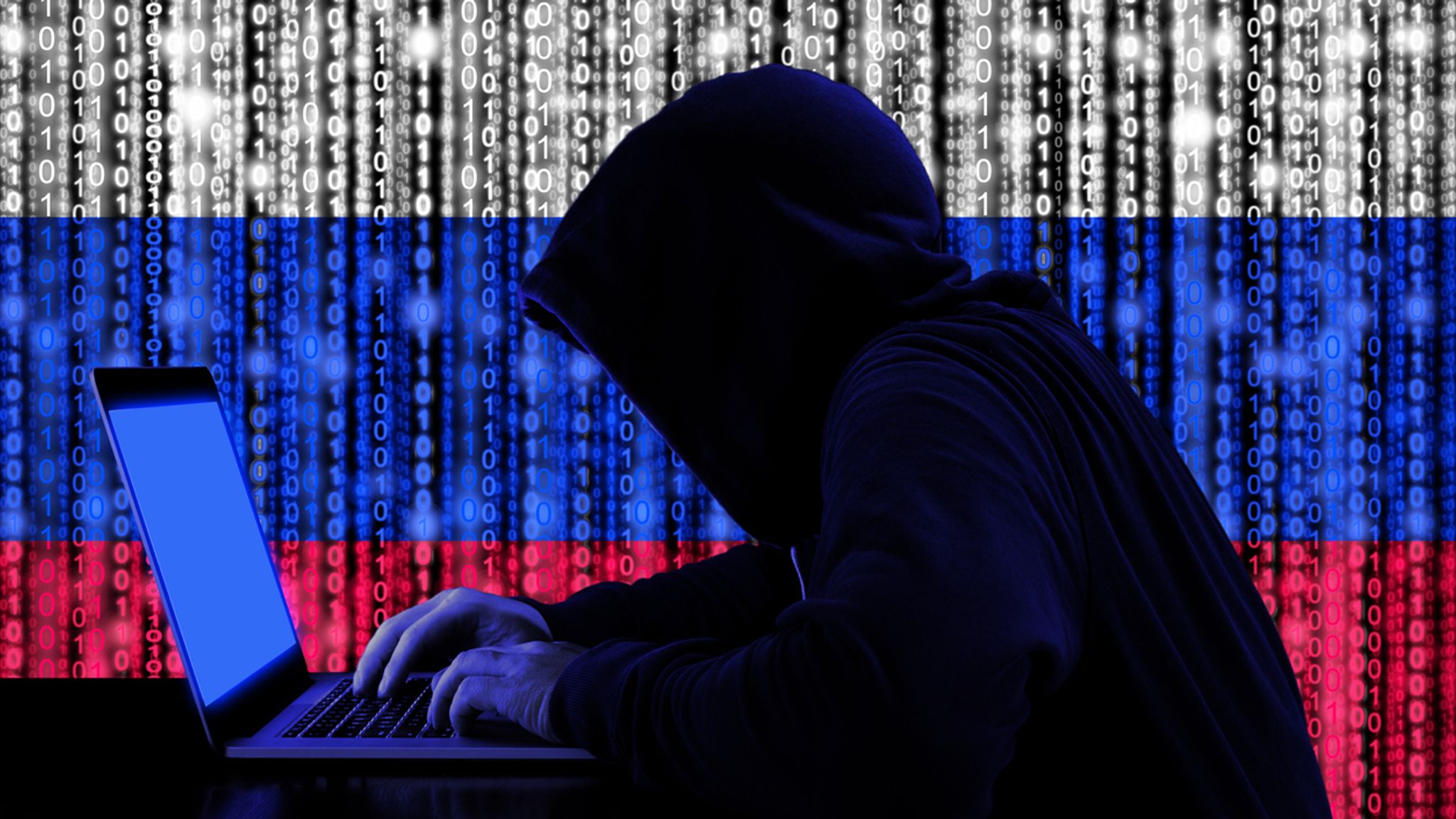In the world of cybercrime, Russian hackers have gained notoriety for their technical expertise and audacious attacks. One such hacker has been confirmed as a major player in a series of high-profile cyberattacks, but due to legal and political obstacles, authorities have been unable to arrest and prosecute him.
This Russian hacker, known by his online pseudonym, has been linked to attacks on government institutions, major corporations, and even critical infrastructure. His skills and expertise have made him a valuable asset to criminal organizations and nation-state actors alike.
International law enforcement agencies, including the FBI, Interpol, and Europol, have been working tirelessly to track down this elusive cybercriminal. They have managed to gather significant evidence connecting him to various cyberattacks, but their attempts to apprehend him have been unsuccessful so far.
One of the main challenges in apprehending this Russian hacker is the lack of cooperation from the Russian government. Despite overwhelming evidence of his involvement in cybercrimes, Russia has consistently refused to extradite him or cooperate with international authorities in their pursuit of justice. This has led to speculation that he may enjoy some level of protection from the Russian government, possibly due to his involvement in state-sponsored cyberattacks.
Additionally, the complex nature of international law and jurisdiction in cyberspace makes it difficult for law enforcement agencies to take action against cybercriminals, especially when they operate from countries that do not have extradition treaties in place.
While authorities have been able to issue arrest warrants and indictments against this Russian hacker, the chances of actually arresting and prosecuting him remain slim, as long as he stays within the borders of Russia. In the meantime, he continues to wreak havoc in the digital world, leaving a trail of victims and frustrated law enforcement agencies in his wake.
This case highlights the growing challenge of combating cybercrime on a global scale. As cybercriminals become more sophisticated and international cooperation remains limited, the battle to protect our digital lives from hackers will only become more difficult in the years to come.

Comments
Post a Comment